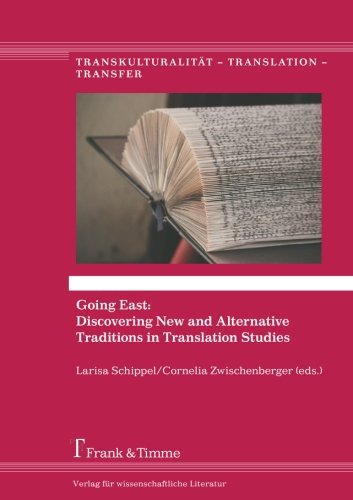

Most ebook files are in PDF format, so you can easily read them using various software such as Foxit Reader or directly on the Google Chrome browser.
Some ebook files are released by publishers in other formats such as .awz, .mobi, .epub, .fb2, etc. You may need to install specific software to read these formats on mobile/PC, such as Calibre.
Please read the tutorial at this link: https://ebookbell.com/faq
We offer FREE conversion to the popular formats you request; however, this may take some time. Therefore, right after payment, please email us, and we will try to provide the service as quickly as possible.
For some exceptional file formats or broken links (if any), please refrain from opening any disputes. Instead, email us first, and we will try to assist within a maximum of 6 hours.
EbookBell Team

4.4
72 reviewsThis volume provides a comprehensive overview of various Eastern European traditions of thought on the subject of translation as well as the discipline of Translation Studies. It sheds a light on how these traditions developed, how they are related to and how they differ from Western traditions. The volume shows nationally-framed histories of translation and Translation Studies and presents Eastern European pioneers and trailblazing thinkers in the discipline. This collection of articles, however, also shows that it is at times hard or even impossible to draw the line between theoretical and/or scientific thinking and pre-theoretical and/or pre-scientific thinking on translation. Furthermore, it shows that our discipline’s beginnings, which are supposedly rooted in Western scholarship, may have to be rethought and, consequently, rewritten.